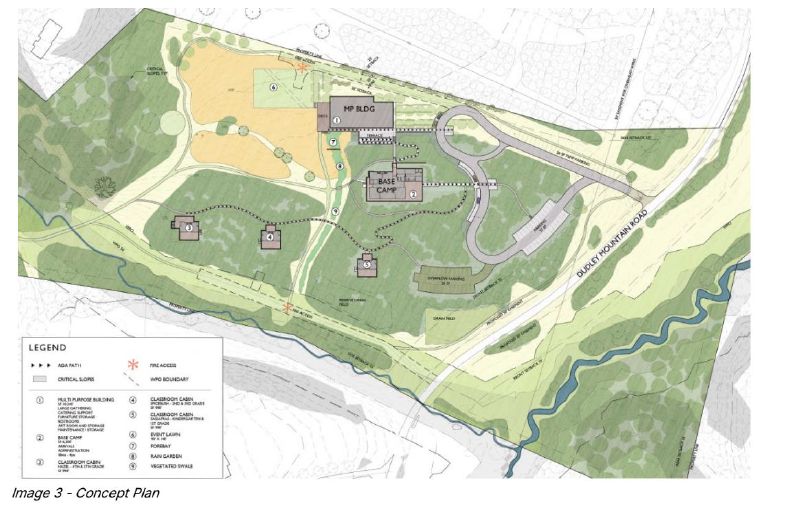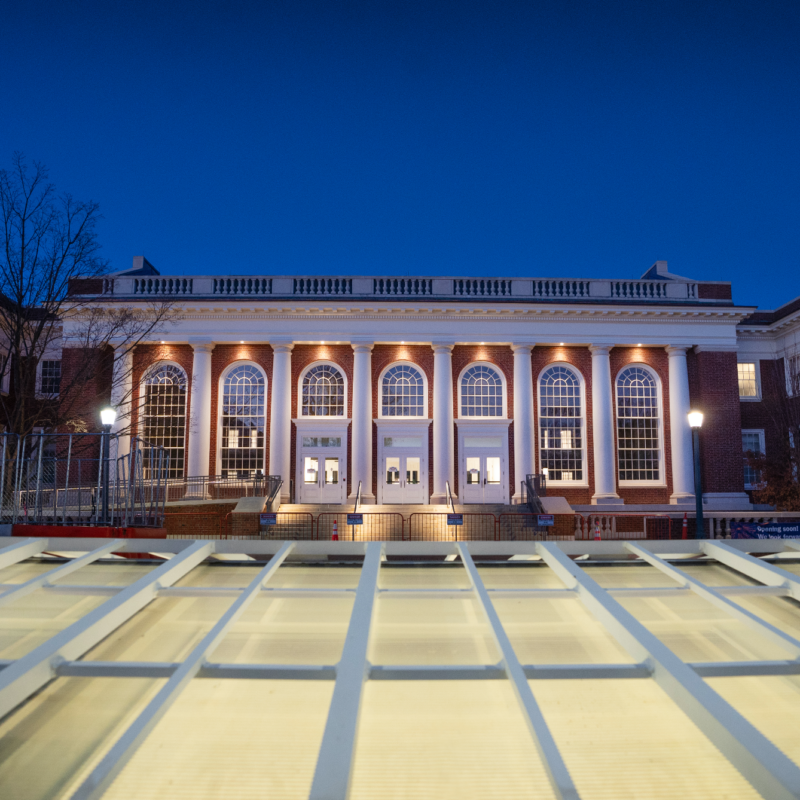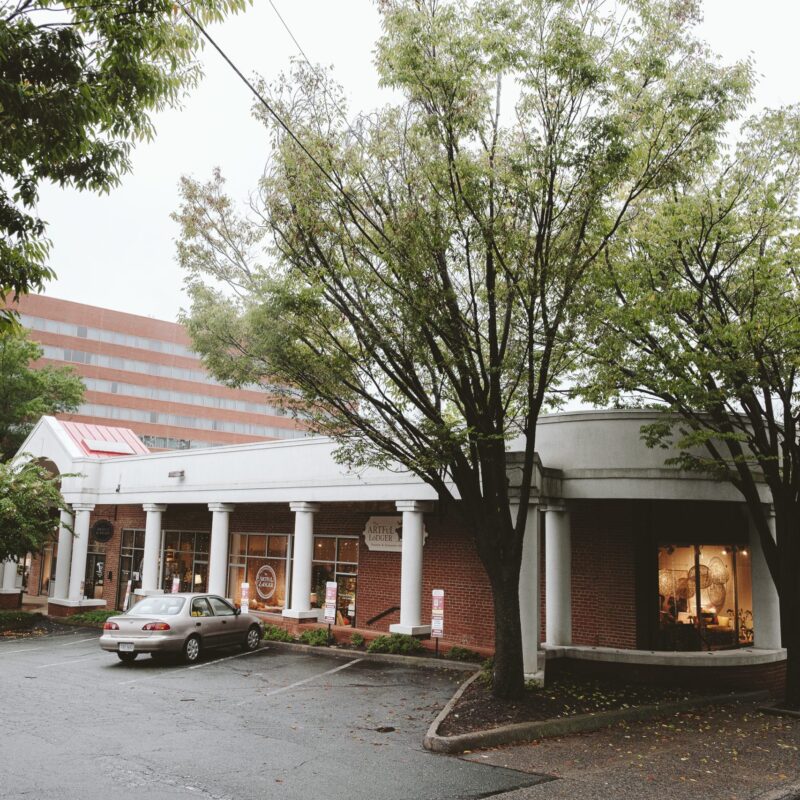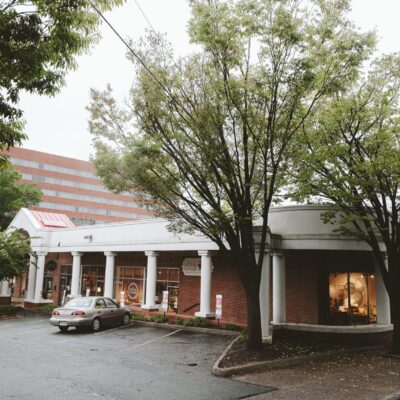The Weldon Cooper Center at the University of Virginia projects that Albemarle’s population will grow from around 116,000 now to more than 155,000 people in 2050, generating the need for services in a county where growth and development is only allowed on 5 percent of the land mass.
One service is day care, a function often provided by private schools. Congregation Beth Israel Forest School has recently filed an application for a special use permit to build a 25,000-square-foot facility on Dudley Mountain Road in Albemarle’s rural area.
“The Forest School helps to serve a huge need for children in the Charlottesville and Albemarle area, especially for the 18-month to kindergarten age range,” reads a narrative written by Kendra Moon of the firm Line and Grade Civil Engineering. “The location of this property so close to the center of Albemarle is critical to its accessibility.”
The undeveloped property, owned by Julie and Jeffrey Morrill since August 2023, is about a mile and a half away from the edge of Albemarle’s growth area.
CBI started the Forest School in the spring of 2020 when the COVID-19 pandemic shut down schools as a way of allowing children to continue gathering in an outdoor environment. Now it wants a permanent home.
The overall property is 156 acres and the permit proposes using 15 of them for the school, and putting the remaining land under conservation easement. The plans call for space for 140 students in what is described as a basecamp. This would include an 11,100-square-foot multipurpose building and three cabins no larger than 3,000 square feet each.
However, an online petition has been created by a group called the Dudley Mountain Road Neighbors calling on the Planning Commission to recommend against the special use permit.
“This would be the first non-residential/agricultural use along this scenic roadway, setting a precedent for future development,” reads the petition. “The narrow, winding roadway would be subject to twice-daily traffic surges—causing further decay of the already worn roadway and making it unsafe for existing residential traffic and bikes.”
Albemarle’s Comprehensive Plan sets aside 5 percent of the county’s 726 square miles for development, but allows for new uses that support the rural area. One criteria is that a proposed use should “relate directly to the rural area and need a rural area location in order to be successful.” However, another requirement is that they “be suitable for existing rural roads and result in little discernible difference in traffic patterns.”
The application states that there will be 109 vehicle trips to the location during peak periods. An engineer with the Virginia Department of Transportation has looked at the plans and found them “generally acceptable.”
Scott Clark, a rural area planner for Albemarle, has reviewed the application and offered this interpretation in an October 31 letter: “While limiting the extent of development on the property is helpful, the creation of a school use in the Rural Area is not directly supportive of the Rural Area goals established in the 2015 plan,” Clark wrote.
The final decision will be made by the Board of Supervisors after a recommendation from the Planning Commission. There’s no date yet for public hearings, but the first opportunity to hear about the development from the applicant will come at a November 19 community meeting at Walton Middle School at 6pm.
Albemarle is continuing work on a Comprehensive Plan update and soon the Planning Commission and the Board of Supervisors will take up sections of the AC44 draft that may revisit those criteria.
On November 12, the Albemarle Planning Commission was scheduled to hold a public hearing on whether to grant a special use permit for an automotive repair facility on Route 20 in Keene. While there’s no petition, dozens of people provided written comments in advance.
“There are only 149 residents of Keene and only another 591 in close by Esmont,” wrote Paula and Jerome Beazley. “These residents are not in need of these services.”






